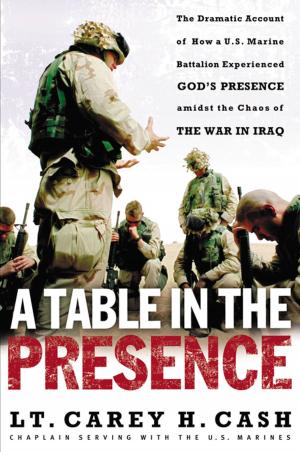| Author: | Dan Summerfield | ISBN: | 9781458188045 |
| Publisher: | Dan Summerfield | Publication: | April 23, 2011 |
| Imprint: | Smashwords Edition | Language: | English |
| Author: | Dan Summerfield |
| ISBN: | 9781458188045 |
| Publisher: | Dan Summerfield |
| Publication: | April 23, 2011 |
| Imprint: | Smashwords Edition |
| Language: | English |
From December 7, 1941 to September 2, 1945 when the Japanese surrender was signed aboard the U.S.S. Missouri, America was consumed with the war fronts in Europe and the Pacific. But because those years were spent in the relative isolation of an orphanage, this child's view of the war was necessarily limited to a very small portion of the home front. Despite that limitation, the war affected every aspect of my life and the lives of all the children at the orphanage.
For the civilian population World War II was a time of giving, though we children in the orphanage had nothing to give. It was a time of sharing, but all we shared was a poverty stricken environment with thirty or forty other children. When the war was finally over our celebration was short lived because while the rest of America went on to unheard of prosperity our poverty continued.
That poverty, however, was the simplest part of the equation. The complexities came with the memories of the war and how it affected each of us, now as well as then.
This then is a child's view of World War II.
From December 7, 1941 to September 2, 1945 when the Japanese surrender was signed aboard the U.S.S. Missouri, America was consumed with the war fronts in Europe and the Pacific. But because those years were spent in the relative isolation of an orphanage, this child's view of the war was necessarily limited to a very small portion of the home front. Despite that limitation, the war affected every aspect of my life and the lives of all the children at the orphanage.
For the civilian population World War II was a time of giving, though we children in the orphanage had nothing to give. It was a time of sharing, but all we shared was a poverty stricken environment with thirty or forty other children. When the war was finally over our celebration was short lived because while the rest of America went on to unheard of prosperity our poverty continued.
That poverty, however, was the simplest part of the equation. The complexities came with the memories of the war and how it affected each of us, now as well as then.
This then is a child's view of World War II.















